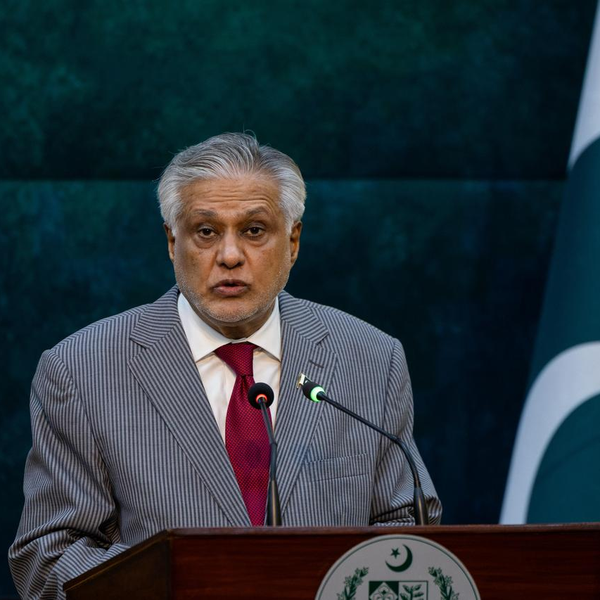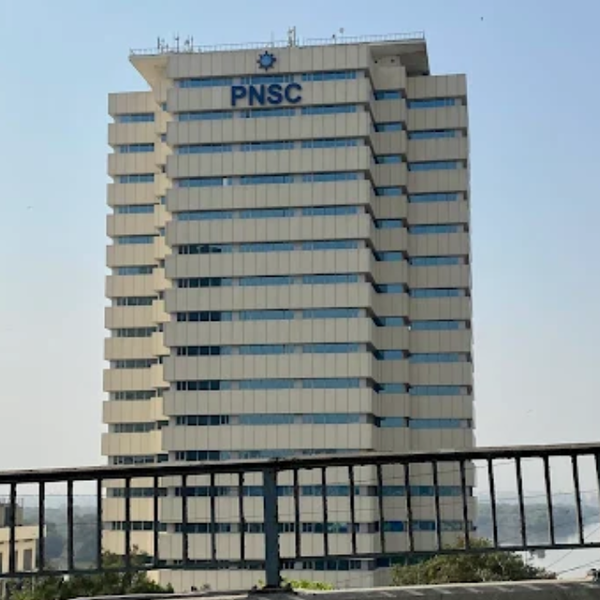Advance-to-deposit ratio of Pakistani banks rises to 49.7%
From August to December 6, deposits decreased by 1.6%, while advances increased by 27.6%

Javed Mirza
Correspondent
Javed Iqbal Mirza is an experienced journalist with over a decade of expertise in business reporting, news analysis, and investigative journalism. His work spans breaking news, editorial pieces, and in-depth interviews.

From August to December 6, deposits decreased by 1.6%, while advances increased by 27.6%
Pakistan's banking sector's Advance-to-deposit ratio (ADR) has improved to 49.7% as of December 6, up from 47.8% in November.
The ratio had previously bottomed out at 38.4% in August. Since then, the ADR has increased by 11.4 percentage points to reach its current level of 49.7%.
From August to December 6, deposits decreased by 1.6%, while advances increased by 27.6%.
The ADR measures the percentage of a bank's deposits allocated as loans. Pakistan's businesses have long faced challenges in accessing financing, and the government raised the ADR requirement to 50% in 2022 to address this issue.
Under the government's rules, banks with ADR in the range of 40-50% would have to pay an additional tax of 10%. If the ADR is below 40%, they would have to pay an additional 16% tax on income from government securities.
However, within a month of the announcement that the government would not give them exempt them from the ADR tax, banks introduced several plans to promote lending amongst individuals and the corporate sector.
Since September, the banking sector's gross advances have increased by 23% to PKR 14.9 trillion, while deposits have risen by just 1% to PKR 31.1 trillion.
However, since the banks are now likely to meet the ADR requirement, the government is looking at alternate ways to tax income from investments in government securities.
Last month, Prime Minister Shehbaz Sharif formed a committee to resolve ADR-related issues. Chaired by Deputy Prime Minister Ishaq Dar, the committee will review the legal framework surrounding the ADR tax and propose alternative fiscal measures to ensure compliance without stifling lending activity.
It will also consider non-fiscal regulatory changes to increase private sector credit and develop a consensus on solutions for maximizing government revenue.







Comments
See what people are discussing